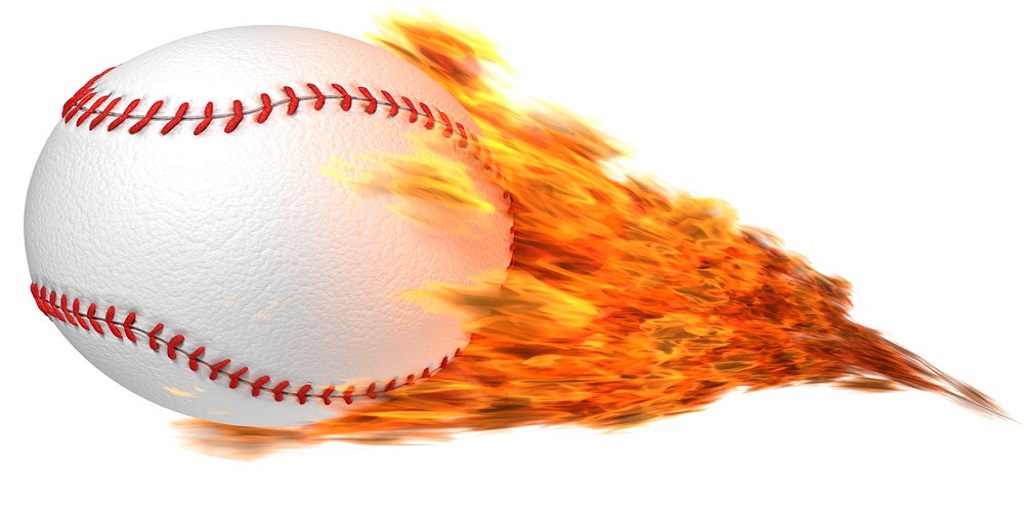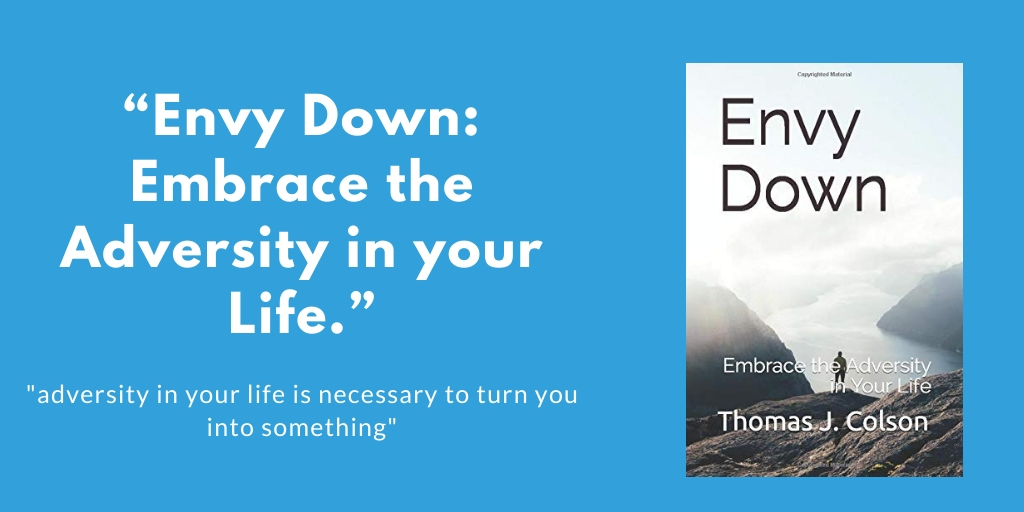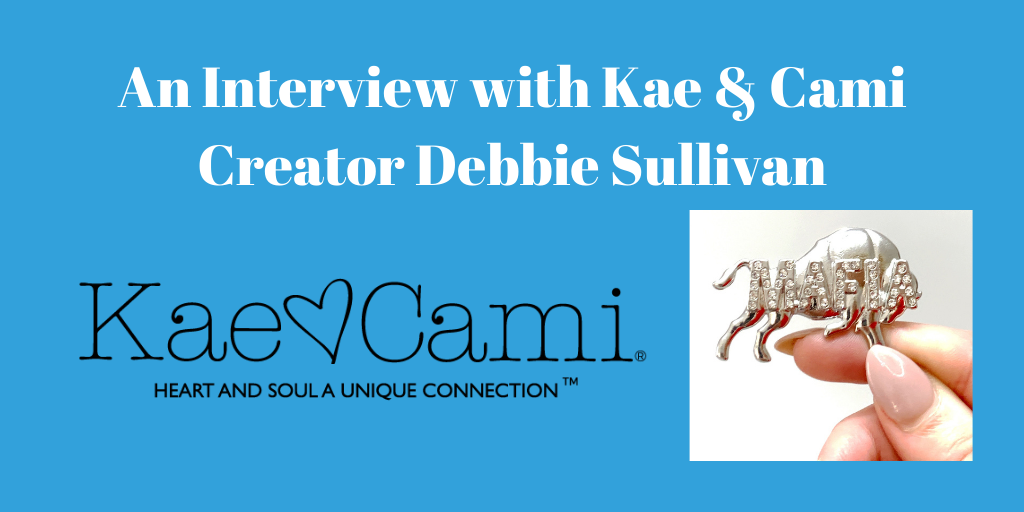The answers to the following questions should be read as preparatory rather than as definitive.
- What works are protected?
- What works are not protected by copyright?
- What is copyright registration?
- When is a work protected by copyright?
- How long is the term of a copyright?
- What are the advantages of copyright registration?
- What is publication?
- Why is publication important in the copyright law?
- Who may file a copyright application?
- Are copyrights transferable?
- What is copyright notice?
- What is the proper way to give notice of copyright?
- May a minor claim copyright?
- Can I copyright the name of my brand?
- How do I copyright the name, title, slogan or logo?
- How much of someone else’s work can I use without getting permission?
- What is an ISBN and number?
- What is a Library of Congress number?
- How do I collect royalties?
- Is my copyright good in other countries?
- How do I protect my sighting of Elvis?
- What can I do if somebody infringed my copyright?
- Could I be sued for using somebody else’s working? How about quotes and samples?
- What is the fair use exception to author’s rights?
- How do I get my work into the Library of Congress?
Copyright protects “original works of authorship” that are fixed in a tangible form of expression. Copyrightable works are categorized as follows:
- literary works;
- musical works, including any accompanying words;
- dramatic works, including any accompanying music;
- pantomimes and choreographic works;
- pictorial, graphic, and sculptural works;
- motion pictures and other audiovisual works;
- sound recordings;
- architectural works.
What works are not protected by copyright?
Copyright does not protect facts, ideas, systems, or methods of operation, although it may protect the way these things are expressed.
What is copyright registration?
In general, copyright registration is a legal formality intended to make a public record of the basic facts of a particular copyright. However, registration is not a condition of copyright protection. Even though registration is not a requirement for protection, the copyright law provides several inducements or advantages to encourage copyright owners to make registration.
When is a work protected by copyright?
A work is protected by a copyright at the moment you create it in a tangible form (written copy, recorded music, filmed movie, digital data saved on a computer disk).
How long is the term of a copyright?
The Sonny Bono Term Extension Act, amends the provisions concerning duration of a copyright protection. Effective immediately, the terms of copyright are generally extended for an additional 20 years. Specific provisions are as follows:
For works created after January 1, 1978 copyright protection will endure for the life of the author plus an additional 70 years. In the case of a joint work, the term lasts for 70 years after the last surviving author’s death. For anonymous and pseudonymous works and works for hire, the term will be 95 years from the year of first publication or 120 years from the year of creation, which ever expires first;
For works created but not published or registered before January 1, 1978 the term endures for life of the author plus 70 years, but in no case will expire earlier than December 31, 2002. If the work is published before December 31, 2002 to the term will not expire before December 31, 2047;
For pre-1978 works still in their original or renewal term of copyright, the total term is extended to 95 years from the date that copyright was originally secured.
What are the advantages of copyright registration?
The advantages of copyright registration are the following:
A. Registration establishes a public record of the copyright claim.
B. Before an infringement suit may be filed in court, registration is necessary for works of U. S. origin.
C. If made before or within 5 years of publication, registration will establish prima facie evidence in court of the validity of the copyright and of the facts stated in the certificate.
D. If registration is made within 3 months after publication of the work or prior to an infringement of the work, statutory damages and attorney’s fees will be available to the copyright owner in court actions. Otherwise, only an award of actual damages and profits is available to the copyright owner.
E. Registration allows the owner of the copyright to record the registration with the U. S. Customs Service for protection against the importation of infringing copies. For additional information, request Publication No. 563 “How to Protect Your Intellectual Property Right,” from: U.S. Customs Service, P.O. Box 7404, Washington, D.C. 20044. See the U.S. Customs Service Website at www.customs.gov for online publications.
F. Registration may be made at any time within the life of the copyright. Unlike the law before 1978, when a work has been registered in unpublished form, it is not necessary to make another registration when the work becomes published, although the copyright owner may register the published edition, if desired.
Publication has a technical meaning in copyright law. According to the statue, “Publication is the distribution of copies or phonorecords of a work to the public by sale or other transfer of ownership, or by rental, lease or lending. The offering to distribute copies or phonorecords to a group of persons for purposes of further distribution, public performance, or public display constitutes publication. A public performance or display of the work does not in itself constitute publication.” Generally, publication occurs on the date on which copies of the work are first made available to the public.
Why is publication important in the copyright law?
Publication is an important concept in the copyright law for several reasons:
A. Works that are published in the United States are subject to mandatory deposit with the Library of Congress.
B. Publication of a work can affect the limitations on the exclusive rights of the copyright owner.
C. The year of publication may determine the duration of copyright protection for anonymous and pseudonymous works (when the author’s identity is not revealed in the records of the Copyright Office) and for works made for hire.
D. Deposit requirements for registration of published works differ from those for registration of unpublished works.
E. When a work is published, it may bear a notice of copyright to identify the year of publication and the name of the copyright owner and to inform the public that the work is protected by copyright. Copies of works published before March 1, 1989, must bear the notice or risk loss of copyright protection.
F. See discussion on “Notice of Copyright” below.
Who May File a Copyright Application?
Copyright protection is derived at the time the work is created in fixed form. The copyright in the work of authorship immediately becomes the property of the author who created the work. Only the author or those driving their rights through the author can rightfully claim to possess a copyright. The U.S. Copyright Office will provide certificates to authors who apply for a copyright certificate. Entities that are legally entitled to submit an application form include the following: author of the work, copyright claimant, and the owner of exclusive rights or the duly authorized agent of the author.
Yes. Like any other property, all or part of the rights in a work may be transferred by the owner to another.
The copyright notice is an identifier placed on copies of the work to inform the world of copyright ownership. Copyright notice was once required as a condition of copyright protection, it is now optional. Use of the notice is the responsibility of the copyright owner and does not require advance permission from, or registration with the copyright office.
What is the proper way to give notice of copyright?
Notice of ownership of copyright must be placed on easily observable position on all copies. Use of the words “All rights reserved” provides protection in a couple South American countries. Notice has three parts:
- A word, abbreviation, or symbol designating copyright (copyright, cprt, or ©).
- The name of the author.
- The year in which the work was completed. Multiple years indicate multiple years of completion (i.e. continuing editing).
Minors may claim copyright, and the copyright office does issue registration to minors, but state law may regulate the business dealings involving copyrights owned by minors.
Can I copyright the name of my brand?
No. Names are not protected by copyright law. Some names may be protected under trademark law.
How do I copyright the name, title, slogan or logo?
Copyright does not protect names, titles, slogans, or short phrases. In some cases, these things may be protected as trademarks. However, copyright protection may be available for logo artwork that contains sufficient authorship. In some circumstances, an artistic logo may be protected as a trademark.
How much of someone else’s work can I use without getting permission?
Under the fair use doctrine of the US copyright statute, it is permissible to use limited portions of the work including quotes, for purposes such as commentary, criticism, news reporting, and scholarly reports. There are no legal rules permitting the use of a specific number of words, a certain number of musical notes, or percentages of the work.
The International Standard Book Number is administered by the R. R. Bowker Company. The ISDN is a numerical identifier intended to assist the international community in identifying and ordering certain publications.
What is a Library of Congress number?
The Library of Congress catalog number is assigned by the library at its discretion to assist labor and requiring and cataloging works.
The collection of royalties is usually a matter of private arrangements between author and publisher or other users of the author’s work. The Copyright Office plays no role in the execution of contractual terms or business practices. There are copyright licensing organizations and publications rights clearinghouses that distribute royalties for their members.
Is my copyright good in other countries?
United States has copyright relations with more than 100 countries throughout the world, as a result of these arrangements, United States and the other country honors each other’s citizens’ copyrights. However, the United States does not have such copyright relationships with every country.
How do I protect my sighting of Elvis?
Copyright law does not protect sightings. However, copyright law will protect your photo (or other depiction) of your sighting of Elvis.
What can I do if somebody infringed my copyright?
A party may seek to protect his or her copyrights against unauthorized use by filing a civil lawsuit any Federal district court. If you believe that your copyright has been infringed, you will need an attorney to help you file a lawsuit. In cases of willful infringement for-profit the US attorney may initiate a criminal investigation.
Could I be sued for using somebody else’s working? How about quotes and samples?
If you use copyrighted work without authorization, the owner may be entitled to bring infringement action against you. There are circumstances under the “fair use doctrine” where a quote or a sample may be used without permission. However, in cases of doubt, the copyright office recommends that permission be obtained.
What is the fair use exception to author’s rights?
17 U.S.C. §107 limitations on exclusive rights: fair use. “…the fair use of a copyrighted work, including such use by reproduction copies or for records or by any other means, for purposes such as criticism, comment, news reporting, teaching (including multiple copies for classroom use), scholarship, or research, is not an infringement of copyright. Determining whether the use made for a work in any particular case is a fair use the factors to be considered shall include:
- The purpose and character of the use, including whether such use is of a commercial nature or is for nonprofit educational purposes;
- The nature of the copyrighted work;
- The amount and substantiality of the portion used in relation to the copyrighted work as a whole; and
- The effect of the use upon the potential market or value of the copyrighted work.”
How do I get my work into the Library of Congress?
Copies of works deposited for copyright registration or in fulfillment of the mandatory deposit requirement are available to the Library of Congress for its collections. The library reserves the right to select or reject any published work for its permanent collections based on the research needs of Congress, the nation’s scholars, end of the nation’s libraries. If you would like further information on the library selection policies, you may contact: Library of Congress, Collections Policies Office, 101 Independence Ave. SE, Washington DC, 20540.








